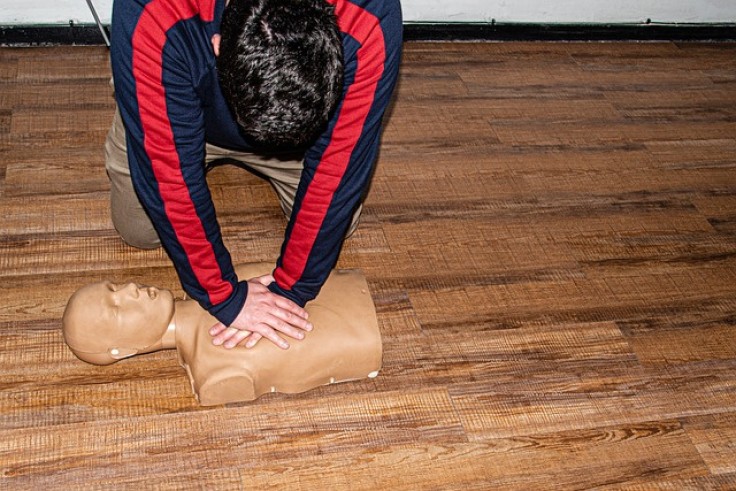
Teaching children basic life support skills and cardiopulmonary resuscitation (CPR) can begin as early as four years old, according to a new scientific statement from the International Liaison Committee on Resuscitation (ILCOR), the American Heart Association, and the European Resuscitation Council. Starting early and providing routine training can help children develop these vital skills.
Increasing Intervention Through Medical Emergency Training
The statement, published in Circulation, the American Heart Association's journal, highlights that by age 10, children may be capable of performing effective chest compressions on manikins. It also emphasizes the importance of children becoming familiar with automated external defibrillators (AEDs) and learning the steps and rhythm of CPR.
According to CNN News, Dr. Comilla Sasson, a member of the statement-writing committee and an emergency physician based in the Denver area, emphasizes the significance of building these skills from a young age. "Building skills at a young age that are reinforced consistently throughout their years in school has the potential to educate generations of students and their parents on how to respond to cardiac arrest, perform chest compressions and rescue breaths, use an AED, and ultimately increase survival," she said in a news release. The authors of the paper conducted a thorough examination of more than 100 research publications.
Integrating Medical Emergency Training into School Curricula
A recent study has revealed that school-aged children have a strong desire to learn life-saving techniques and are often found teaching others what they have learned, thus multiplying their training. The Head of the Department of Anesthesiology and Intensive Care Medicine at the University Hospital of Cologne, Dr. Bernd W. Böttiger, has emphasized the significance of student training in increasing the count of people capable of providing CPR during out-of-hospital cardiac arrest occurrences. Cardiac arrest outside of a hospital is a major global cause of death, as stated in the report.
Globally, survival rates range between 2% and 20% according to FOXNews. Immediate action by a bystander can significantly improve these survival rates. The authors recommend combining theoretical and practical training in schools and using social media tools to share life-saving skills effectively.
Dr. Zachary Hena, a pediatric cardiologist at Hassenfeld Children's Hospital at NYU Langone, has praised a recent study for highlighting the significance of instructing children on emergency response from a young age. As per his statement, children can utilize their knowledge and actions to improve society by saving lives and enhancing outcomes.
Related Article : Family of 4-Year-Old Sudden Cardiac Arrest Victim Raising Awareness on CPR and AED Training